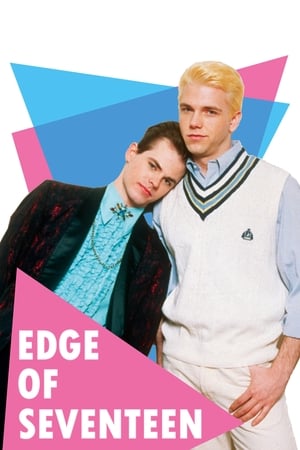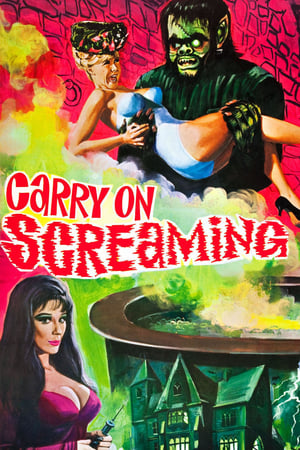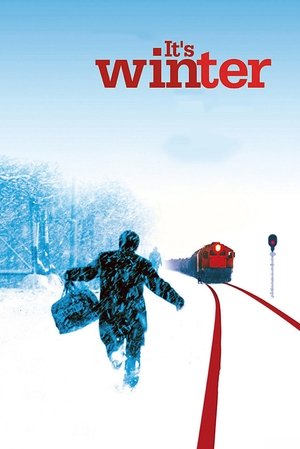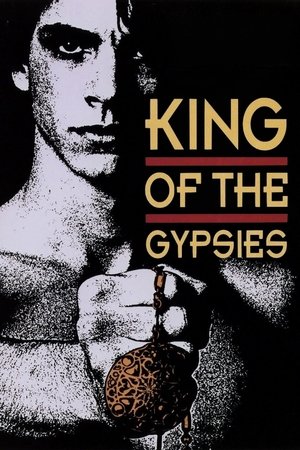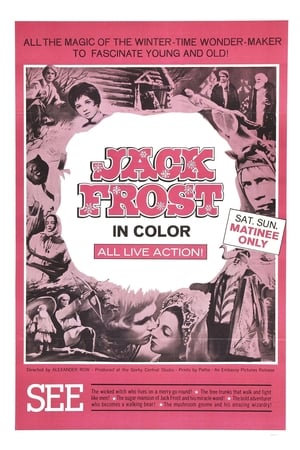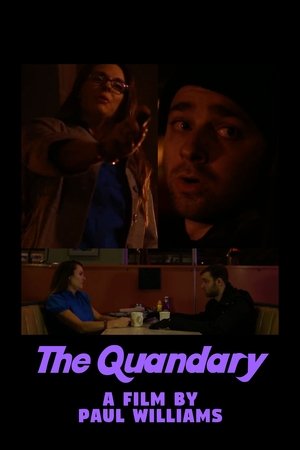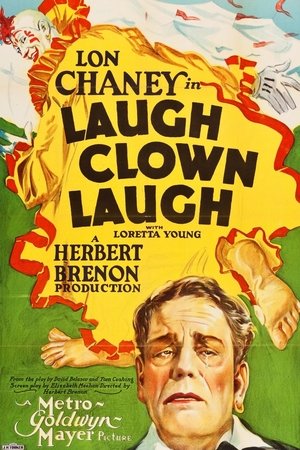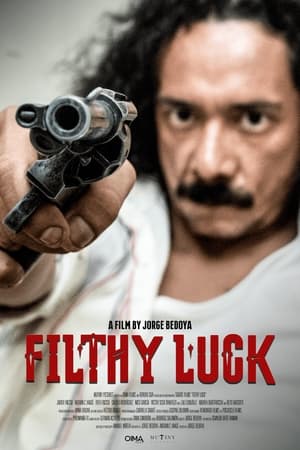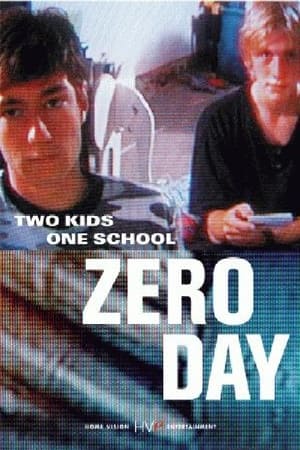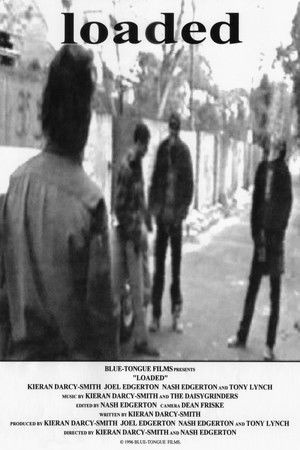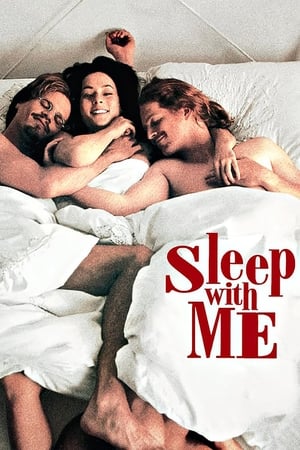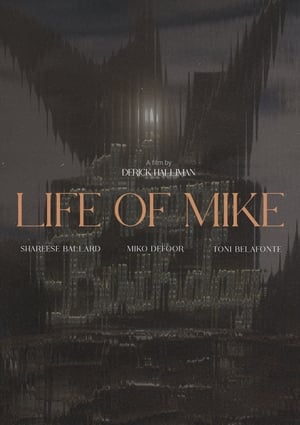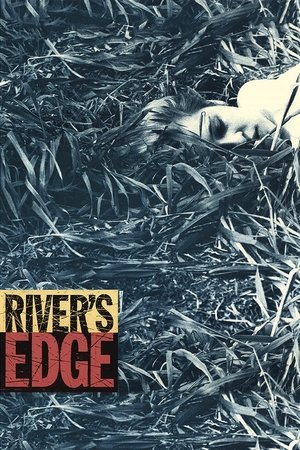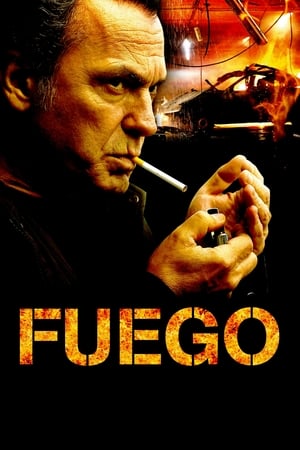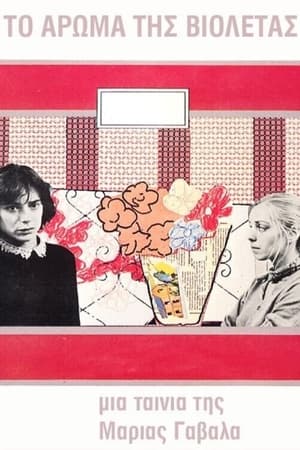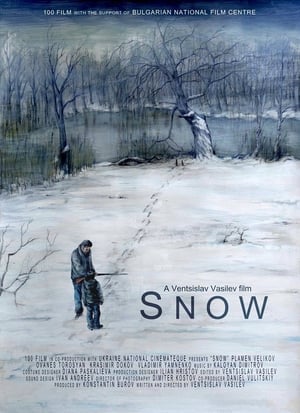Overview
A semi-autobiographical account of an incident in Makhmalbaf's life when, as a 17-year-old, he stabbed a policeman at a protest rally. Two decades later, he tracks down the policeman he injured in an attempt to make amends.
Reviews
Though Mohsen Makhmalbaf eventually established a reputation as one of Iran's foremost filmmakers from the late 1980s, his early life was tumultuous: when he was 17, he stabbed a police officer at a protest against the Shah's regime and spent the next four years in prison, only being released after the Shah's overthrow. His 1996 film NUN VA GULDOON ("Bread and Flowerpot", released in the English-speaking world as "A Moment of Innocence") looks back at this episode from his youth, attempting to jointly evoke both the red-hot passion against political injustice of a young man and his older, wiser understanding that such clumsy violence was hardly a productive way to solve the world's problems.
The result is intricately constructed as a film-within-a-film. As it opens, we see the now 40-year-old policeman (Mirhadi Tayebi) visiting Tehran to ask Makhmalbaf for a part in one of his films to make up for the stabbing two decades before. Makhmalbaf, playing himself, decides to make a film loosely based on the stabbing. He chooses a young man (Ali Bakhsi) to play his younger self, and he then asks the policeman to choose an actor as the young version of himself. The policeman, who has a thuggish look and is bitter about never being offered parts in films besides villain ones, chooses a handsome guy to represent himself, but he is then overruled by the filmmaker who chooses a much more boyish-looking and vulnerable young man (Ammar Tafti), emphasizing just how young both Makhmalbaf and the policemen were at the time. This layer of NUN VA GULDOON broadly pokes fun at what Makhmalbaf's life had become after his rise to fame in Iran, having to endlessly deal with ordinary people who fancied themselves actors and were desperate to appear on screen. Much of this part of the film was shot concurrently with his effort SALAAM CINEMA, which is entirely about the film casting process.
Makhmalbaf and the policemen begin coaching the actors playing their younger selves and we see those young people beginning to act their roles, as well as a young lady (Maryam Mohamadamini) playing a girl that the policeman was in love with at the time. In a magical realist fashion, the layers of the film shift in the middle of scenes: one moment we are watching actors play roles, the next moment it is as if the viewer is really seeing what happened in the mid-1970s. It is this magical intertwining of past and present that made Nun va guldoon such a powerful experience for me. The ending, which has been fairly praised as "the greatest freeze-frame since Truffaut's Les 400 Coups, is just as much a work of art in itself as any still from a Tarkovsky film.
Except for Makhmalbaf himself and Moharram Zaynalzadeh in a supporting role as his cameraman, none of the people in the film were trained actors. With Mirhadi Tayebi as the policeman, this is a weak part of the film: he delivers his lines in a stilted way and it is hard to suspend disbelief. With the others, however, Makhmalbaf made a smart choice, as Ammar Tafti and Ali Bakhsi are convincing in their roles, but there is still a youthful awkwardness and authenticity about them that would might have been lost if they were professionals. Most dazzling of all, however, is Maryam Mohamadamini as the love interest. She's a magnetic screen presence, and as the film leads to its incredible ending, she deftly conveys so much of the suspense and drama through gestures alone. It's a huge loss to cinema that she apparently never acted again.
In spite of the film's limitations in terms of some of the acting and the limited resources Makhmalbaf had to work with when making the film, I found Nun va guldoon a moving film and that last freeze-frame literally breathtaking. I'd recommend this to any lover of cinema.

 78 min
78 min
 7.6
7.6
 1997
1997
 Iran
Iran
 CRCulver wrote:
CRCulver wrote:
